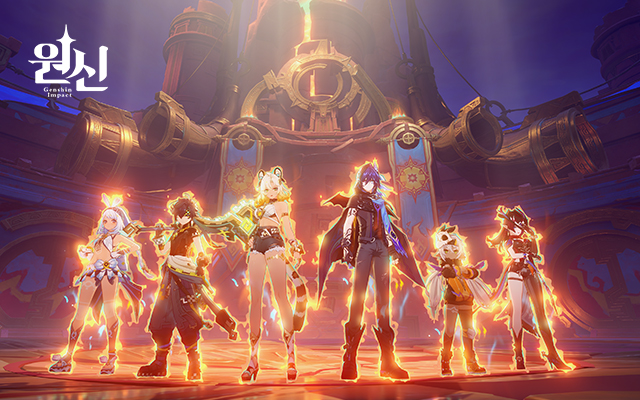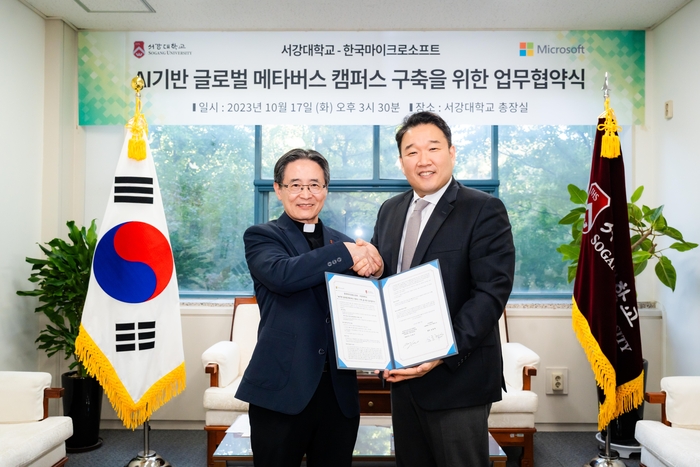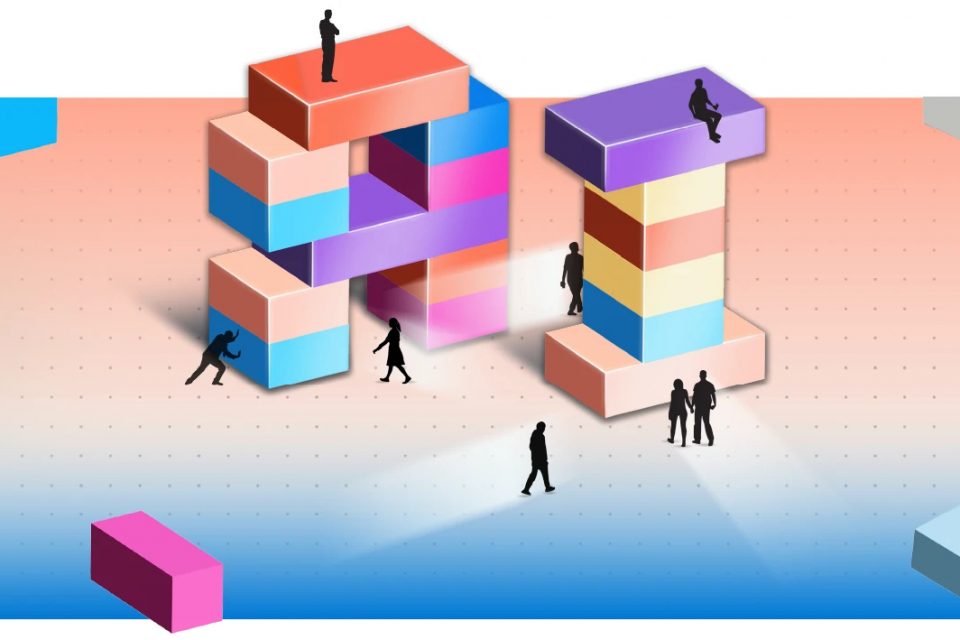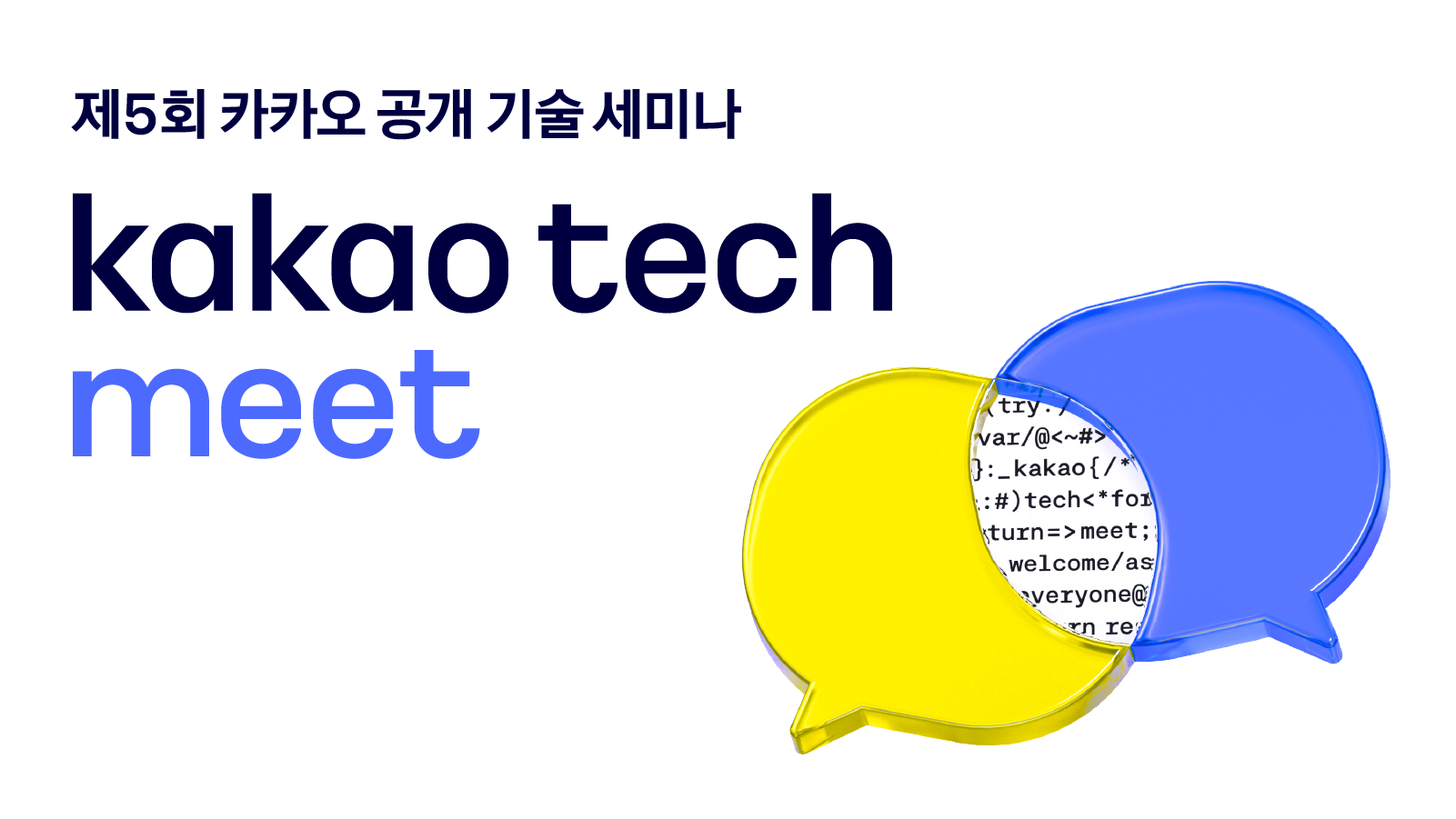Microsoft and customers to accelerate AI innovation in Korea
April 22, 2024 – Microsoft is at the forefront of AI transformation, leveraging generative AI for customers to enhance their service and drive business growth across Korean industries. In an effort to help organizations understand the opportunities that AI brings to their business competitiveness, Microsoft commissioned a study through IDC, a leading global market research […]

April 22, 2024 – Microsoft is at the forefront of AI transformation, leveraging generative AI for customers to enhance their service and drive business growth across Korean industries.
In an effort to help organizations understand the opportunities that AI brings to their business competitiveness, Microsoft commissioned a study through IDC, a leading global market research firm, which found that 71% of organizations surveyed are currently integrating AI into their operations. These organizations are seeing a return on their AI investments in just over a year and two months on average. Based on insights from more than 2,000 business leaders and decision-makers worldwide, the study underscores the growing importance of AI adoption.
To support this momentum, Microsoft provides various features through the Azure OpenAI Service, encompassing enhanced compliance, strengthened data security, scalability, and responsible AI. Trusted by over 18,000 global organizations, including more than half of the Fortune 500 companies, the Azure OpenAI Service plays a crucial role in accelerating the pace of AI transformation.
Walmart has developed the ‘My Assistant’ app utilizing Azure Open AI Service to boost employee task efficiency. Today, more than 50,000 employees leverage features such as document summarization and content creation. Likewise, Volvo Group harnessed Azure OpenAI Service to optimize document processing, resulting in over 10,000 hours saved in invoicing and billing processes through data extraction.
In Korea as well, an increasing number of companies are innovating their business processes and venturing into new business models by adopting Microsoft’s AI technologies.
WRTN Technologies, an AI services platform company, has also been able to reliably handle more than double the user traffic it previously handled by deploying Azure OpenAI Service and Provisioned Throughput Units(PTU). As a result, the Net Promoter Score(NPS), which measures customer satisfaction with WRTN’s services, increased by more than 30%.
ReLU Games, Krafton’s AI-based game studio, is using Azure OpenAI Service to develop new games. In particular, ‘Uncover the Smoking Gun’, a detective game where players solve cases by interacting with suspects, will be released in June, giving players a high degree of freedom and a realistic gaming environment. ReLU Games is using LLM’s Application Programming Interface(API) for over 70% of its implementation.
The H&A division of LG Electronics, a comprehensive electronics manufacturing company, has deployed CHATDA, an AI-based big data analytics solution, to effectively meet customer demands and enhance user experience. The system leverages the Microsoft Azure environment and the Azure OpenAI service to enhance data security and stability. It also uses natural language processing capabilities to accurately select data that meets the analysis requirements of the field, and automatically generates and executes analysis code based on it. As a result, the time spent on data exploration, processing analysis and review for work process has been reduced from an average of 5 days to 30 minutes, significantly improving work efficiency.
Woowa Brothers, the operator of the delivery ordering service app, has unveiled ‘Menuddug-ddagAI’, utilizing Azure OpenAI Service to offer personalized menu suggestions tailored to customers’ tastes. Leveraging analysis of customer reviews to extract food characteristics and ordering preferences, this service provides personalized menu recommendations based on 120 validated contexts, resulting in improved customer convenience and satisfaction.
Creverse, a renowned provider of a comprehensive, research-based English language curriculum, implemented Microsoft AI solutions to automatically grade assignments and provide personalized feedback, significantly increasing student satisfaction. The process has reduced the average time to grade an assignment from an average of 3.5 days to 7 seconds, providing real-time feedback. It is also expected to reduce operational costs by approximately 85%.
HyoDol, an AI healthcare and smart home platform company, has upgraded its conversational AI care robot, ‘HyoDol 2.0’, by incorporating Azure OpenAI Service and Azure Cognitive Services into its voice engine to improve its conversational capabilities. This resulted in over a 10% increase in user intimacy compared to previous versions. Using a customed neural network-based STT/TTS engine, it can now detect signs of depression or dementia in the elderly and diagnose their mental health status early on.
“AI technology is bringing positive changes to industries in Korea,” said Willy Cho, AVP of Microsoft Korea. “Microsoft will continue to empower organizations in innovating their business processes and delivering better customer experiences through AI, serving as the most trusted AI transformation partner.”












![[Phocus] 사용자 경험 중심 스벨트 이미지 뷰어 라이브러리 / 제5회 Kakao Tech Meet](https://tech.kakao.com/storage/2024/04/jordan.png)











